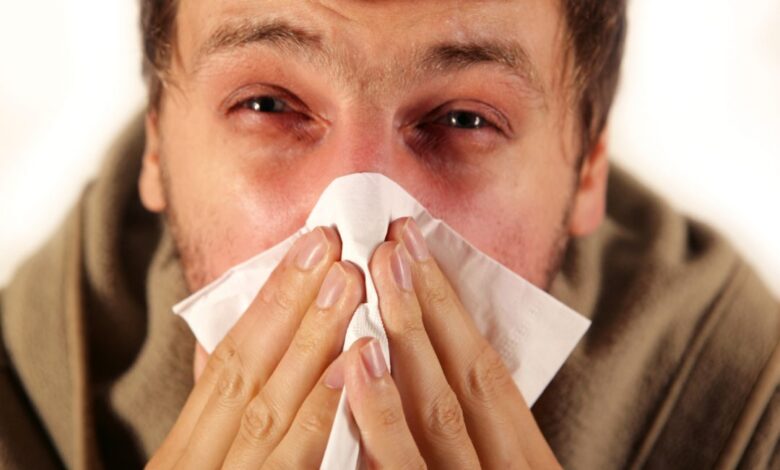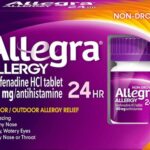What To Do When Allergy Medicine Doesn’t Work?

Allergy medications come in a variety of shapes and sizes, they are available as pills, liquids, inhalers, nasal sprays, eyedrops, skin creams and shots (injections). Some are available over-the-counter; others are available by prescription only.
Allergies are among the most common medical disorders. It is estimated that 60 million Americans, or more than one in every five people suffer from some form of allergy, with similar proportions throughout much of the rest of the world. Allergy is the single largest reason for school absence and is a major source of lost productivity in the workplace.
Allergy Medication List
Antihistamines: used to treat allergy symptoms fall into two broad categories: sedating and non-sedating. The first category includes the older antihistamines. These allergy drugs relieve allergy symptoms but cause drowsiness and other side effects, including dry mouth. Newer antihistamines are said to be non-sedating, although some users may experience drowsiness even from these.
All antihistamines work in the same way: by competing with histamine to prevent or reduce the characteristic signs and symptoms of an allergic reaction: swelling, tearing, itching, and increase in bronchial and other secretions.
In addition to oral dosage forms, antihistamines come as creams, lotions, nasal sprays, and eye drops; the latter to relieve symptoms associated with allergic conjunctivitis.
Other types of allergy drugs include:
Corticosteroids: These come as nasal sprays, topical creams and ointments, tablets, injectables and eye preparations. Corticosteroids work by reducing inflammation.
Mast cell stabilizers: These can help prevent allergic reactions from happening when taken regularly. During an allergic reaction, mast cells release histamine and other substances. Mast cell stabilizers, such as cromolyn sodium, keep these cells intact.
Leukotriene inhibitors: Other substances released during an allergic reaction are leukotrienes, which can aggravate allergic conditions and asthma. Some drugs target leukotriene receptors to reduce allergic symptoms.
Nasal anticholinergics: A runny nose is a common complaint among those with allergic rhinitis. Anticholinergic nasal sprays reduce discharge from the nose, but though they do not relieve a stuffy nose.
Decongestants: These relieve a stuffy nose by constricting blood vessels, which limits the amount of secretions coming from the inner lining of the nose. They are available as nasal sprays, pills, and liquids. They don’t relieve other allergy symptoms such as itching and sneezing.
Immunomodulators: These are topical medications used to treat skin allergies. They are often used if other agents are ineffective or intolerable.
Autoinjectable epinephrine: This is used to treat a life-threatening allergic reaction known as anaphylaxis, which may be caused by severe allergic response to foods, drugs, or insect stings.
Why allergy medications don’t work or stop working?
There are many reasons why your allergy medication might stop working, this can include:
Medication Mistakes: one of the biggest mistakes people make with their allergy medicine is simply forgetting to take it. Taking medicine properly is another challenge. And even little mistakes can make a difference.
Cutting Corners: this is the No. 1 reason people fail to do well with their allergy treatment. Many people for instance can’t bear to lose an animal, quit smoking, or stop eating cheese, as a result, they keep having problems with allergies despite treatment.
Wrong Diagnosis: getting a correct diagnosis also plays a big role in keeping allergy symptoms at bay. Patients often try to self-diagnose when it comes to things like allergies and sinus headaches, but they don’t always get it right.
Physical Issues: you might have another medical condition that limits your treatment options. Someone with high blood pressure, for instance, couldn’t take a decongestant and would have to substitute a medicine that might not work as well.
What to do when an allergy medicine doesn’t work
When you notice that an allergy medicine has failed to deliver or stopped working, you should call your doctor or healthcare provider and communicate the changes in your symptoms, instead of trying other new medications on your own. This can go a long way in helping you zero in on a new course of action that can bring you symptom relief again. Aside from the possibilities of drug tolerance and a worsening condition, remember that changes in exposures (such as moving to a new area) could also be affecting you.





